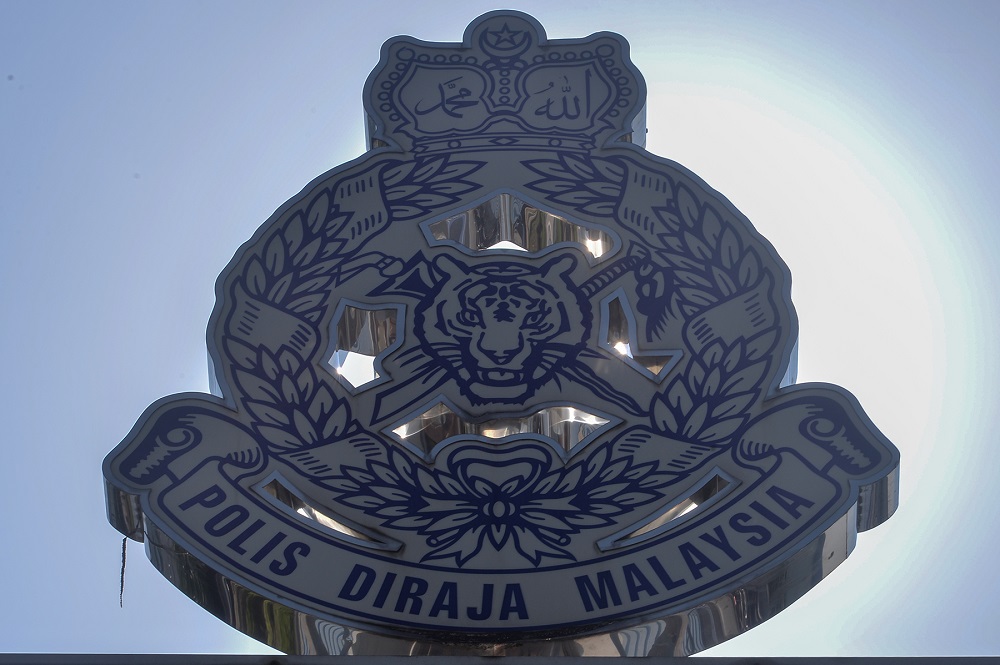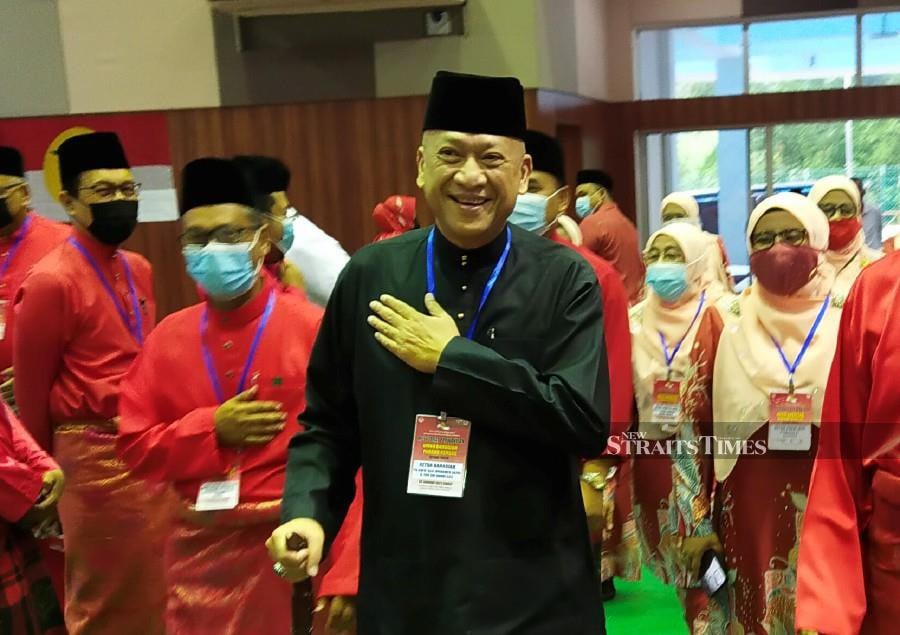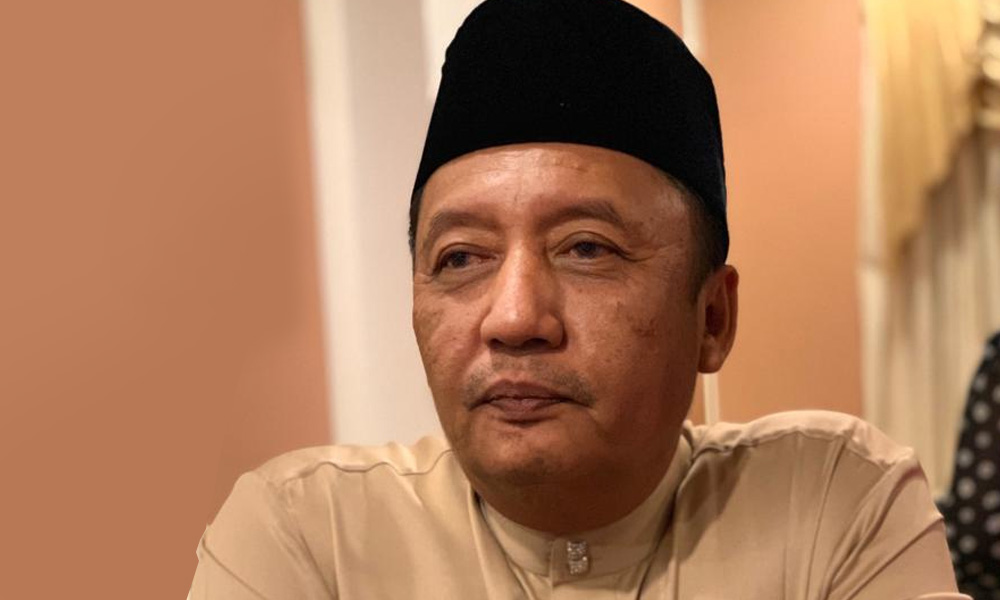When businesses are allowed to operate during this high-risk Covid-19 pandemic, workers have no choice but to return to work to avoid termination or loss of jobs.
Should these workers who face extraordinary risk not only to themselves, but also their family members be entitled to an ADDITIONAL DAILY ALLOWANCE for having to take higher risks working during a strict Movement Control Order(MCO) when so many others can stay home and practice SOPs to keep them safe from Covid-19?
Yes, businesses that operate make monies ...profits, and guess what most of these businesses shareholders/owners are safe at home safe from Covid-19? Workers are expected to face higher risks - so what about special 'risk allowances'.
Malaysian government has been CRITICIZED for keeping 'unnecessary' workplaces open even when we are facing increasing Covid-19 infections - it is now over 5,000?
When the number of NEW cases increases, it becomes even more difficult for contact tracing - and delay in detecting and isolating the infected only risk so many more being infected.
Worker lives do not seem to matter that much in Malaysia - as Malaysia continues to keep open non essential business operations all in the name of economy.
Now, logging is also being allowed - the announcement comes when Malaysia hits a record high of 5,728 new cases...
To end COVID, stringent lock-down is needed - which means all sectors/businesses must not be allowed to operate for 2 weeks, better still 4 weeks. Thereafter, no operation is RED or orange areas.
Essential - what should it cover?
FOOD - food production/distribution/sale/delivery for Malaysian consumption
MEDICINE (including masks/gloves) - production/distribution/sale for Malaysian consumption
Banks/ATMs -
Petrol Stations/Motor Vehicle repair outlets
Maintenance and repair of basic utilities - electricity, water, sewage, waste disposal, telecommunication.
EVERYTHING else should be shut down....What do you think?
12 new Covid-19 clusters, 10 involving workplaces

PETALING JAYA: The health ministry has detected 12 new Covid-19 clusters in the past 24 hours, health director-general Dr Noor Hisham Abdullah said today.
In a statement, he said 10 of them involved workplaces while the remaining were community clusters.
Five workplace clusters were detected in Johor, two each in Selangor and Kuala Lumpur, and one in Sabah.
The other two community clusters were in Sabah and Sarawak.

The Persiaran Subang cluster is a workplace cluster in Klang and Petaling in Selangor with the first cases testing positive on Jan 27 in a targeted screening at a factory in Batu Tiga, Shah Alam. Some 509 people have been screened with 16 testing positive.
The Industri Indah cluster is a workplace cluster in Klang with its first case found positive on Jan 28 in a targeted screening at a factory in Kapar. Some 87 people have been screened with 47 testing positive.
The Jalan Klang construction site cluster is a workplace cluster in Lembah Pantai, Kuala Lumpur with its first cases detected today in a targeted screening. Some 370 were screened, with 50 testing positive.
The Jalan Vista construction site cluster is a workplace cluster in Cheras, Kuala Lumpur with its first cases detected on Jan 20 in a targeted screening. To date, 462 were screened with 47 testing positive.
The Jalan Kota Burok cluster involves factory workers in Muar, Johor. The index case was detected on Jan 23 during a test taken before leaving the country. To date, 51 have been screened with 30 testing positive.
The Jalan By Pass cluster is a workplace cluster in Segamat, Johor. The first cases were detected on Jan 27 in a targeted screening at a training institute. As of today, 103 had been screened, with 23 testing positive.
The Jalan Bistari Dua cluster is a workplace cluster in Johor Bahru. The first cases were detected today in a targeted screening at a factory in Skudai. Some 55 had been screened, with 17 testing positive.
The Jalan Empayar cluster is also a workplace cluster in Johor Bahru. The first cases were detected on Jan 22 in a targeted screening at a factory in Nusajaya. To date, 74 had been screened with 18 testing positive.
The Jalan Rusa Scientex cluster is another workplace cluster in Johor Bahru. The first cases were detected on Jan 24 in a targeted screening at a market in Pasir Gudang. To date, 120 had been screened with six testing positive.
The Tinanom cluster is a community cluster in Ranau, Sabah. The index case was detected on Jan 19 after the screening of an individual displaying symptoms. To date, 65 were screened with 46 testing positive.
The Jalan Sepanggar cluster is a workplace cluster in Kota Kinabalu, Sabah. The index case was detected on Jan 27 after the screening of an individual displaying symptoms. As of today, 80 were screened, with 12 testing positive.
The Tabong cluster is a community cluster in Bau, Sarawak. The index case was detected on Jan 27 after the screening of an individual displaying symptoms. To date, 74 have been screened with seven testing positive.
Noor Hisham also said there were 375 active clusters. - FMT, 29/1/2021
![Executions were paused in Kazakhstan from 2003 [File: Hannibal Hanschke/Reuters]](https://www.aljazeera.com/wp-content/uploads/2021/01/2019-12-05T124817Z_1683860266_RC20PD91EYBI_RTRMADP_3_GERMANY-KAZAKHSTAN.jpg?resize=770%2C513)










.jpg) The
Malaysian Bar respects the constitutional powers of His Majesty, the
Yang di-Pertuan Agong in exercising his prerogative to promulgate the
Emergency (Essential Powers) Ordinance 2021 (“Ordinance”), which carries
the rights of an act of Parliament. Nevertheless, we are concerned
that the Ordinance which was gazetted on 14 January 2021, that
strengthens the functions of the Government, has some significant
issues.
The
Malaysian Bar respects the constitutional powers of His Majesty, the
Yang di-Pertuan Agong in exercising his prerogative to promulgate the
Emergency (Essential Powers) Ordinance 2021 (“Ordinance”), which carries
the rights of an act of Parliament. Nevertheless, we are concerned
that the Ordinance which was gazetted on 14 January 2021, that
strengthens the functions of the Government, has some significant
issues.







